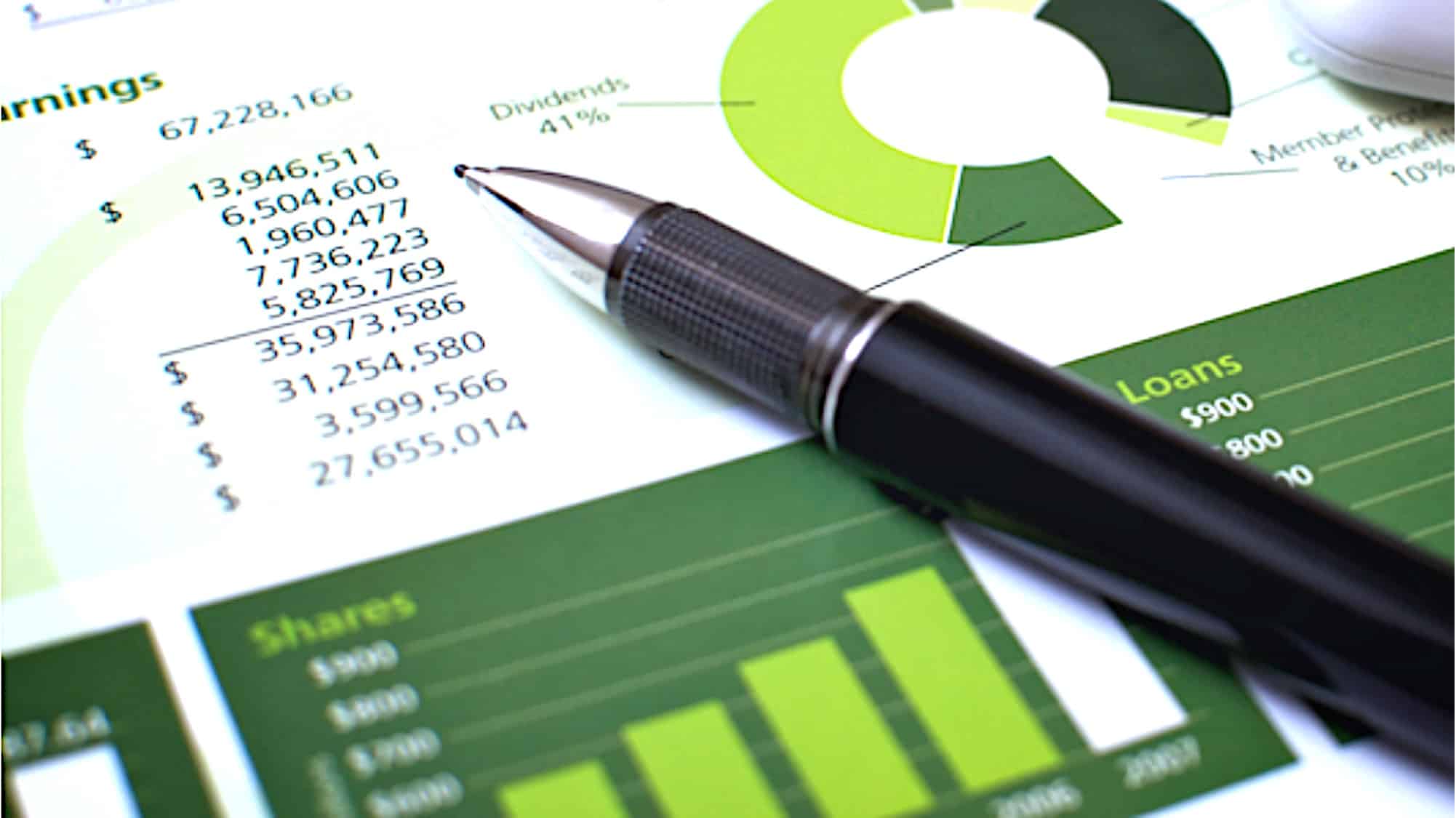Sustainability reporting? Maybe not too far
Last September, under the circumstances of its five years strategy review, the IFRS Foundation published on its website a consultation paper related to sustainability reporting, giving three months to interested parties to comment on it. The IFRS Foundation, the legal entity ruling on the International Accounting Standards Board (IASB), aimed at understanding whether the condition to develop a single set of high quality, globally accepted and enforceable sustainability-related financial reporting rules existed. Thus, the Foundation’s trustees, which already see 144 countries adopting their standards, appointed a task force to set up such a document.
The Foundation deemed it necessary to issue standardized and comparable reporting rules. It started its analysis with the awareness of a growing and urgent demand for the disclosure of information on sustainability, as explicitly stated by stakeholders such as investors, the corporate sector, central banks, market regulators, public policymakers and auditing firms. The IFRS foundation expressed an increased and shared awareness of the importance of the issue and the possibility of doing something to address it.
The consultation’s idea lied in the reality check that located sustainability and climate change in the basket of urgent global challenges. The focus on companies’ performance on ESG metrics was, and still is, quickly increasing, and the upward trend does not show any sign of slowdown. Since regional provisions do not always tackle such issue, the IFRS board tried to taste whether a combination of a global-plus-regional solution could be proposed to governments and companies.
To actively contribute, the IFRS proposed the establishment of a new and separate Sustainability Standard Board. Such a board would work alongside the IASB and regional authorities to achieve global consistency and reduce reporting complexities. The two different reporting standards should gradually increase the efficacy of the reporting process and merge over time. However, that could only happen if public regulators, global authorities, and market stakeholders directly supported the organization in its project. Furthermore, an appropriate level of resources, including separate funding, was deemed necessary.
The feedback of the consultation confirmed that the creation of a global sustainability reporting standard is necessary. In February 2021, the IOSCO board (International Organization of Securities Commissions) declared its intentions to work alongside the IFRS to set them up and make them effective. The discussion among bodies led to the definition of a strategic direction for the implementation of such rules. These include the focus on information that is material and that investors can use when valuing companies. A further factor relates to the absolute priority of the “E” among the ESG criteria. Climate is at the center of the project. Existing frameworks are expected to expand and merge to new rules after the IFRS has engaged with relevant organizations.
Finally, in March 2021, the IFRS trustees publicly declared their intention to summarize the consultation result. They effectively proposed the establishment of a new board to take on the process. A working group chaired by the IFRS Foundation is hence ready to start laying down the basis of this highly demanded and awaited project.




